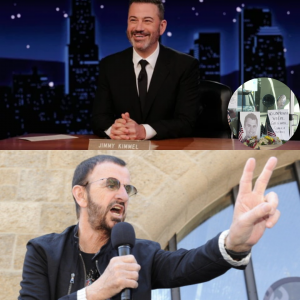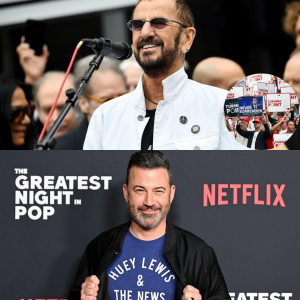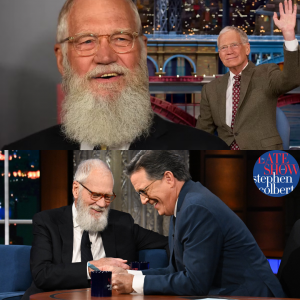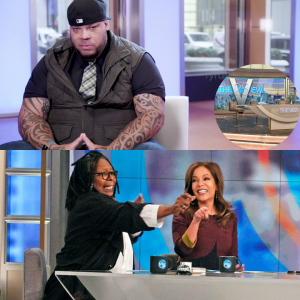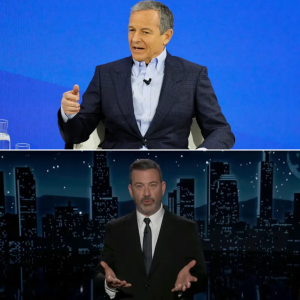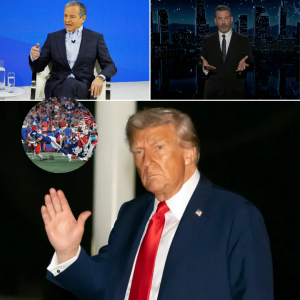In a move that has rocked the entertainment world and left viewers questioning the future of late-night TV, Jimmy Kimmel’s Live! show has been pulled indefinitely from the airwaves following his explosive comments about the tragic assassination of conservative activist Charlie Kirk. What should have been just another late-night monologue has quickly turned into one of the biggest controversies to ever hit network television.
The Incident: Kimmel’s Controversial Remarks
The firestorm started when Kimmel, during his usual segment, made what many are calling “extremely insensitive” remarks regarding the killing of Charlie Kirk. The 22-year-old suspect, Tyler Robinson, allegedly killed Kirk at a college event in Utah, and Kimmel’s comments—attempting to link the assassination to right-wing ideology—set off an immediate backlash.
Kimmel, known for his sharp political humor, took aim at the “MAGA gang,” accusing them of trying to distance themselves from the assassin despite his left-wing affiliations. “We hit some new lows over the weekend with the MAGA gang desperately trying to characterize this kid who murdered Charlie Kirk as anything other than one of them,” Kimmel stated, as he attempted to make light of the situation. The audience, initially unsure how to react, chuckled, but what followed was an explosive wave of public backlash.
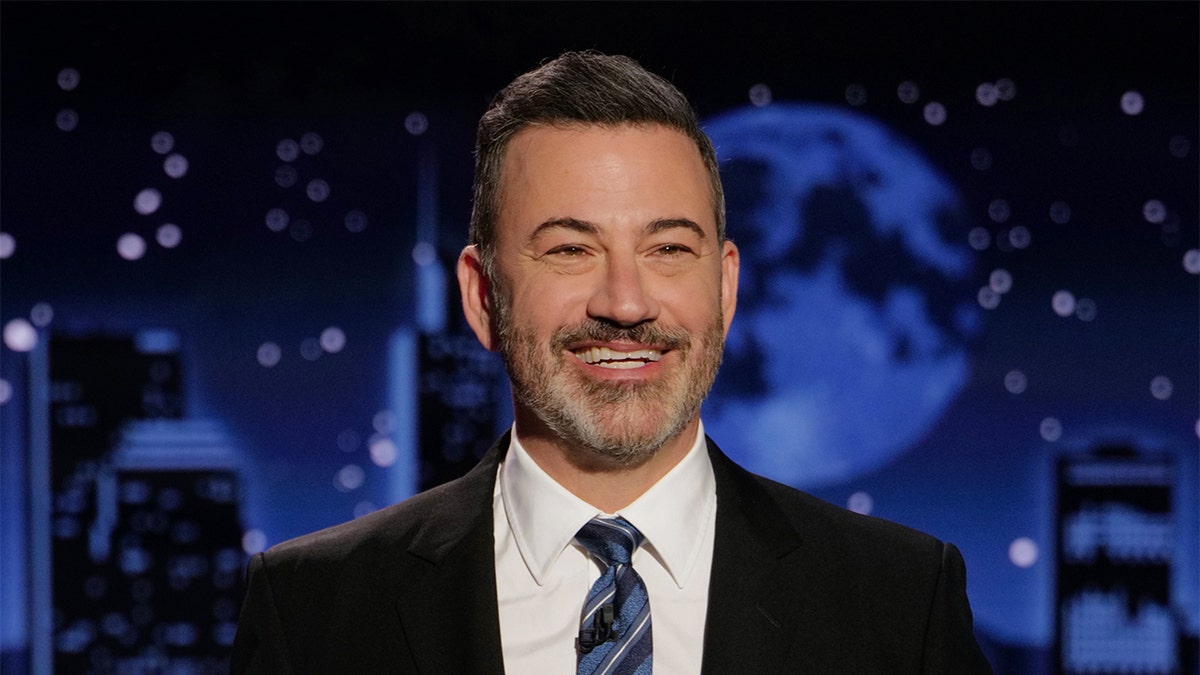
As clips of Kimmel’s comments went viral on social media, critics on both sides of the aisle were quick to condemn him for being out of touch and insensitive, particularly given the gravity of the assassination. Conservative voices, in particular, were outraged, calling Kimmel’s remarks “heartless” and “politically motivated.”
The Fallout: Disney and Sinclair’s Intervention
Within hours of the incident, Disney, which owns ABC, issued a statement confirming that Kimmel’s show would be pulled indefinitely from the air. The decision was swift and decisive, sending shockwaves through the television industry. This was not just a minor programming change; it was an extraordinary move for one of late-night’s most prominent figures.
The backlash from Kimmel’s comments grew louder as Nexstar Media Group, which owns over 100 ABC affiliates, also announced it would be preempting Jimmy Kimmel Live! from its airwaves starting the very next evening. Instead of Kimmel’s usual show, ABC affiliates would air a special program called “In Memory of Charlie Kirk,” designed to honor the late activist’s legacy. This sudden programming shift left ABC executives scrambling to respond.
In a public statement, Nexstar’s broadcasting chief Andrew Alford said, “Mr. Kimmel’s remarks regarding the tragic death of Charlie Kirk are offensive and insensitive. They do not reflect the spectrum of opinions, views, or values of the communities we serve.”
It was clear that the public uproar, combined with concerns about the potential impact on viewership and advertisers, had forced both Disney and Sinclair into damage control mode. But as the controversy escalated, the question lingered: Was Kimmel’s suspension a matter of professional misconduct, or was it part of a larger, more intricate web of media control?
The Political and Corporate Backlash
The incident has sparked a firestorm across social media platforms. Conservative commentators, including several Fox News personalities, have hailed Sinclair’s move as a bold stance against liberal media bias, claiming that Kimmel’s suspension is long overdue. “Kimmel’s comments went too far,” said one Twitter user, adding, “This is exactly the kind of bias we’ve been seeing in Hollywood for years—now it’s time to call it out.”
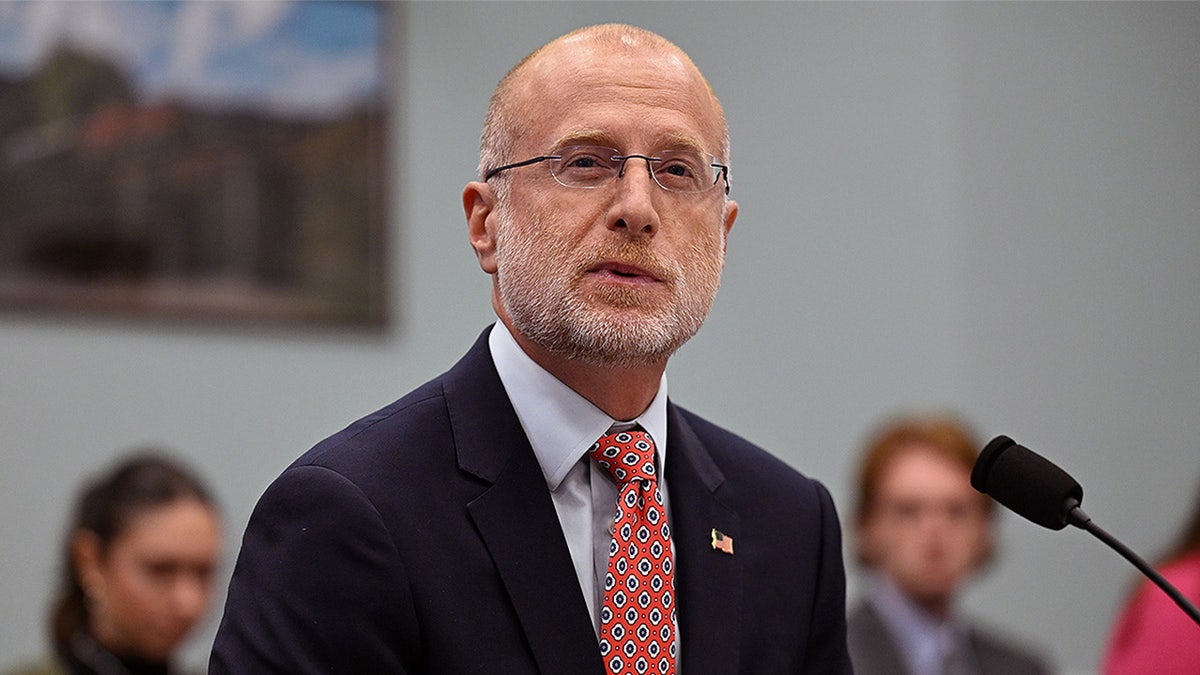
Meanwhile, Kimmel’s defenders argue that the suspension was a direct attack on free speech. The hashtag #StandWithKimmel quickly trended, with late-night viewers rallying behind the host. Many see this as an attempt to silence dissenting voices in late-night comedy, fearing that corporate interests and political pressure are influencing programming decisions.
One Twitter user stated, “Kimmel made a joke in poor taste, but does that really warrant an indefinite suspension? How about allowing comedy to be… well, comedy?”
Behind the Scenes: The Media War
While public outcry continues to rage, behind closed doors, the situation is even more fraught. Sources inside ABC and Disney are reporting a tense atmosphere, with executives fearing that Kimmel’s suspension may be a precursor to broader media fallout. Some insiders claim that Kimmel’s comments weren’t the sole reason for the suspension but that his growing political commentary had been becoming a liability for Disney, whose relationships with major advertisers could be at risk.
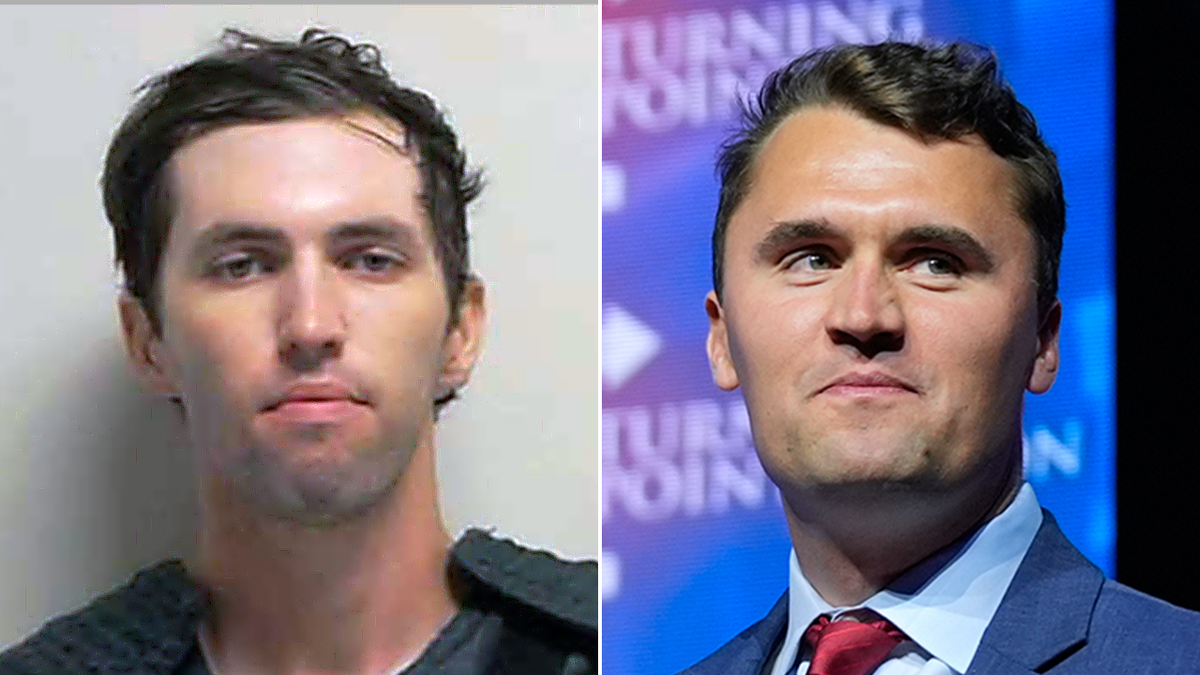
Industry insiders also speculate that the timing of this controversy is no coincidence. With political tensions rising across the country, networks like ABC are finding themselves caught between the demands of advertisers, political figures, and the shifting preferences of viewers.
One anonymous source within the network told Top News, “It wasn’t just the joke. It was the consistent political edge Kimmel has been bringing to his monologues. At some point, he crossed a line that made advertisers uncomfortable. They didn’t want to take a hit over a joke.”
The Larger Implications
What makes this situation even more volatile is the broader political context. Kimmel’s comments, while harsh, were a reflection of the growing divide in American politics—one that is being increasingly played out on late-night television.
In fact, Kimmel’s comments are just the latest in a long history of clashes between late-night comedians and conservative political figures. In the age of social media, every quip is scrutinized, every remark dissected. But now, with Sinclair’s intervention, it appears that the corporate response to such controversies has reached a new threshold.
As viewers, media personalities, and corporate executives weigh in on the decision, one thing is clear: the future of late-night television has never been more uncertain. Will Kimmel return to the airwaves, or has this moment marked the beginning of the end for his career? Can the late-night landscape continue to thrive if it’s shaped by corporate interests and political pressure?
The fallout from this decision may ripple across the entire industry, as comedians, network executives, and audiences brace for what could be a new era in television, one where the lines between free speech, political commentary, and corporate control have never been so blurred.
